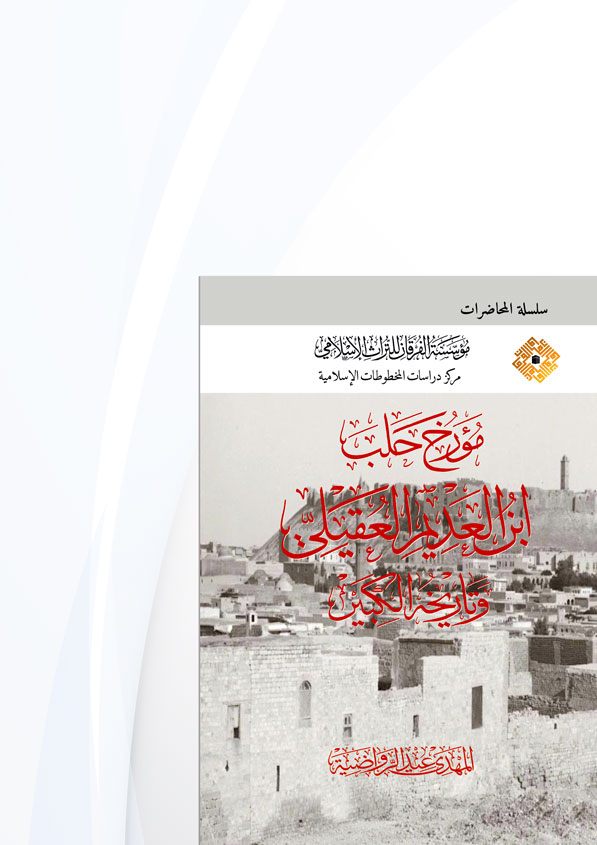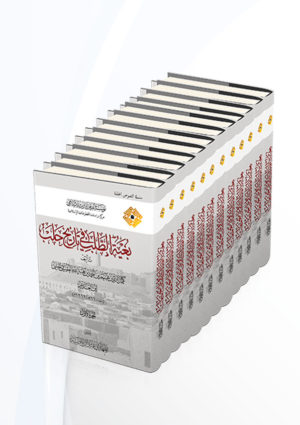Summary
Following the publication of Dr Al-Mahdi Eid Al-Rawadieh’s critical edition of “Bughyat al-Ṭalab fī Tārīkh Ḥalab” authored by Ibn al-‘Adīm, Al-Furqān Islamic Heritage Foundation organised a lecture marking the occasion. This aimed to elucidate the book’s themes and content, and shed light on its merit and novelty.
In the first part of his lecture, Dr Al-Rawadieh introduced Aleppo’s historian, Kamāl al-Dīn Ibn al-‘Adīm. He traced Ibn al-‘Adīm’s scientific and cultural lifetime journey. He also explored Ibn al-‘Adīm’s education and upbringing, and examined his intellectual underpinnings. He then presented Ibn al-‘Adīm’s corpus of works, both extant and lost, and shed light on his status among peers—the Levant’s historians. In particular, he highlighted Ibn al-‘Adīm’s contribution to historical writing on Aleppo.
In the second part, the lecturer focused on the text, “Bughyat al-Ṭalab fī Tārīkh Ḥalab”. He showcased the book’s distinction and novelty, themes, and content, as well as the author’s sources, while alluding to the methodology adopted by its author. In addition, Dr Al-Rawadieh explained his approach to critically editing and reproducing this book, and the glosses and commentaries he added, including explanatory notes.
In the third part, Dr Al-Rawadieh explored historical accounts of Aleppo from the early 3rd century Hijrī onwards, in the instances of communal upheaval and major incidents. He spoke of the attacks by the Qarmatians (al-Qarāmiṭah), and the city’s immense suffering during the two Mongol attacks in 658AH and the early 9th century Hijrī. Yet, despite these major setbacks, the city recovered, and successfully overcame the tragedy and pain, which were followed by extended periods of progress and prosperity across all areas of life.




Reviews
There are no reviews yet.